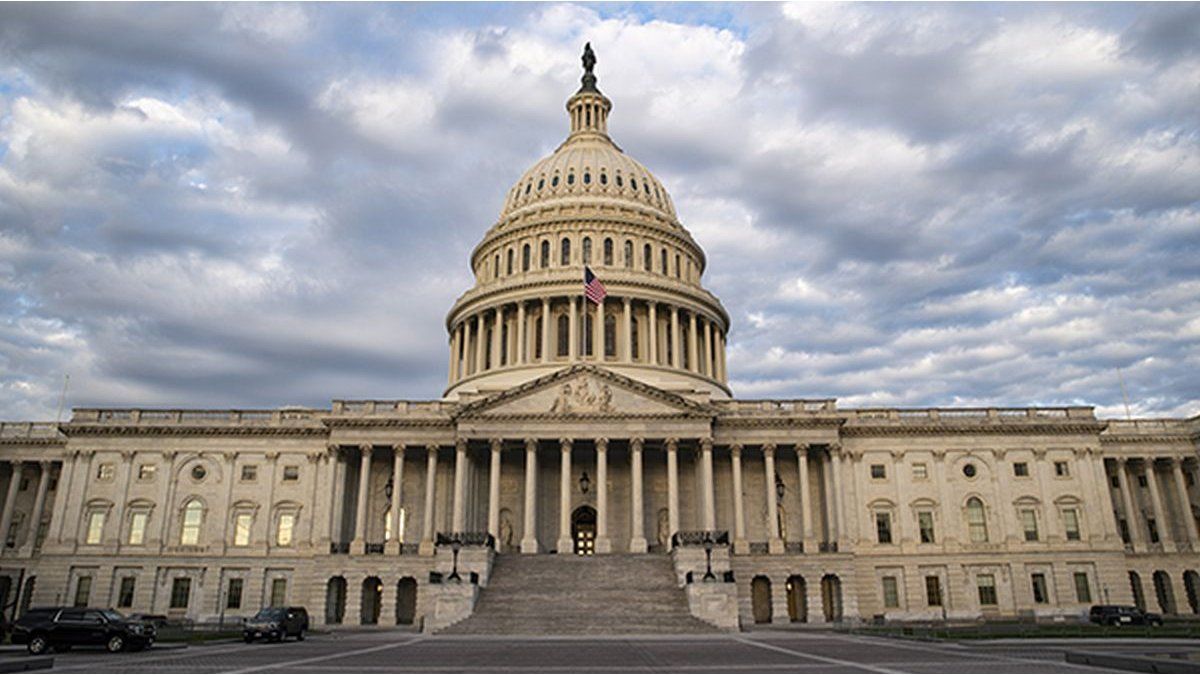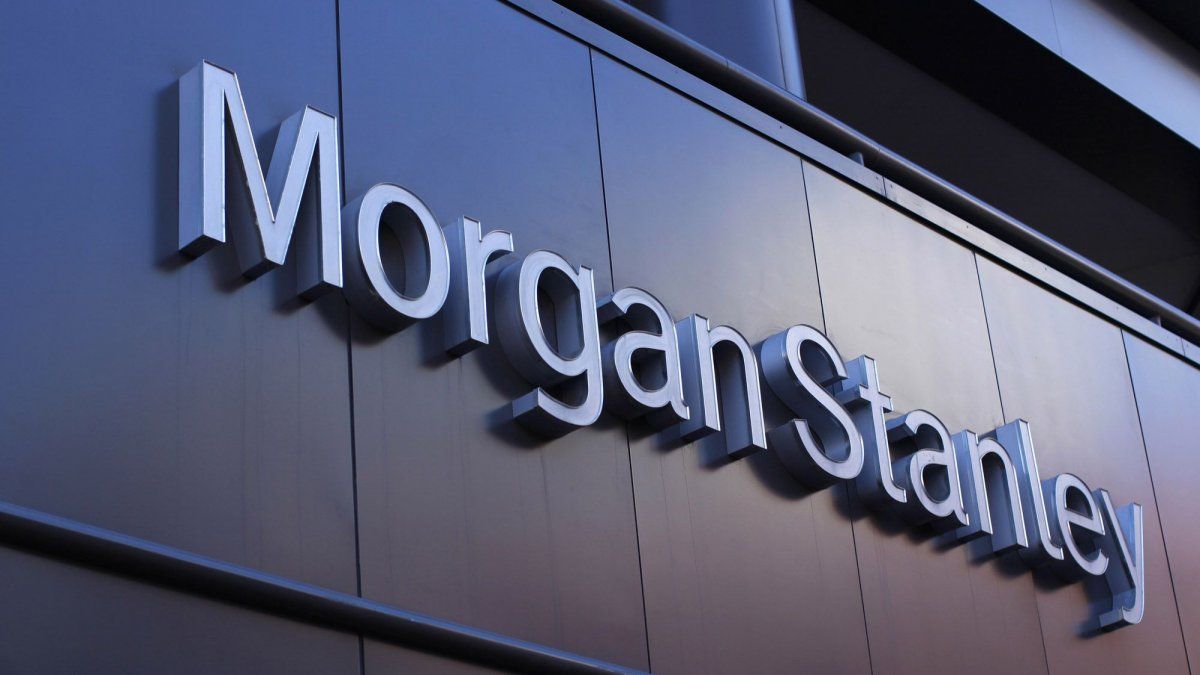Supply bottlenecks in the industry, pandemic-induced lull in private consumption: the problems have gripped the German economy. There is also a threat of zero growth at the end of the year.
According to economists at leading financial and economic institutes, the German economy is facing a hard winter.
“After the summer economic boom, it should at best be enough for mini-growth at the turn of the year,” said Katharina Utermöhl from the Allianz Group in a survey by the German press agency. Marc Schattenberg from Deutsche Bank even expects zero growth over the coming months. “I expect economic growth to stagnate in the winter half-year,” he said.
At the bottom of the EU comparison
In the eurozone, Germany is now at the bottom of the list in terms of economic growth. Utermöhl is forecasting only 2.7 percent for the Federal Republic of Germany this year. In the euro zone, growth is estimated at around five percent.
The background to this is the consumer mood, which has collapsed due to the escalating corona infection situation. For a long time, the structural problems of the industry were compensated for by a boom in private consumption – among other things due to the catch-up effects after the lockdowns. “We are experiencing that consumption is clouding over again in the service sector,” said Veronika Grimm, member of the German government’s expert council for “economic wise men”.
Forecasts revised downwards
However, she restricted: “The effect on the economy will remain limited.” The economic sectors mainly affected, such as culture, tourism and gastronomy, are sectors that have only a small share in gross value added. Nevertheless, Fritzi Köhler-Geib, the chief economist of the state-owned banking group KfW, admits that the signs are not pointing upwards. “In view of these setbacks, all economic analysts have revised their forecasts for the current year downwards significantly,” she said.
With a lull in consumption, the ongoing supply bottlenecks in industry and the continued high energy costs, the German economy is “under pressure on all fronts,” said Katharina Utermöhl. However, the economy has also learned to deal with the circumstances, restrictive measures are likely to be more targeted this time than a year ago. “On the whole, however, we expect the growth losses to be less than in previous waves. We therefore do not expect an economic crash. ” Veronika Grimm also emphasized that as long as the vaccinated could participate in public life, the consumption brake would not be too strong.
There is a risk of more short-time work
However, there could be a significant slowdown in the recovery processes on the labor market. It is true that the companies have now learned to deal with the instrument of short-time work, as Marc Schattenberg explained. “We are also expecting significantly more short-time work again,” said Katharina Utermöhl. Especially then, should there be a further lockdown, for example in some areas of retail or gastronomy. In their opinion, the state corona aid should be extended until spring.
KfW chief economist Köhler-Geib pointed out that the uncertainties of the pandemic on the labor market are meeting a blatant shortage of skilled workers. “Since reunification, never before have so many companies in industry seen themselves affected by a shortage of skilled workers as they are now. This makes it clear that the shortage of skilled workers is growing into a problem that business and politics urgently need to take care of more », she emphasized.
Source From: Stern
Jane Stock is a technology author, who has written for 24 Hours World. She writes about the latest in technology news and trends, and is always on the lookout for new and innovative ways to improve his audience’s experience.




